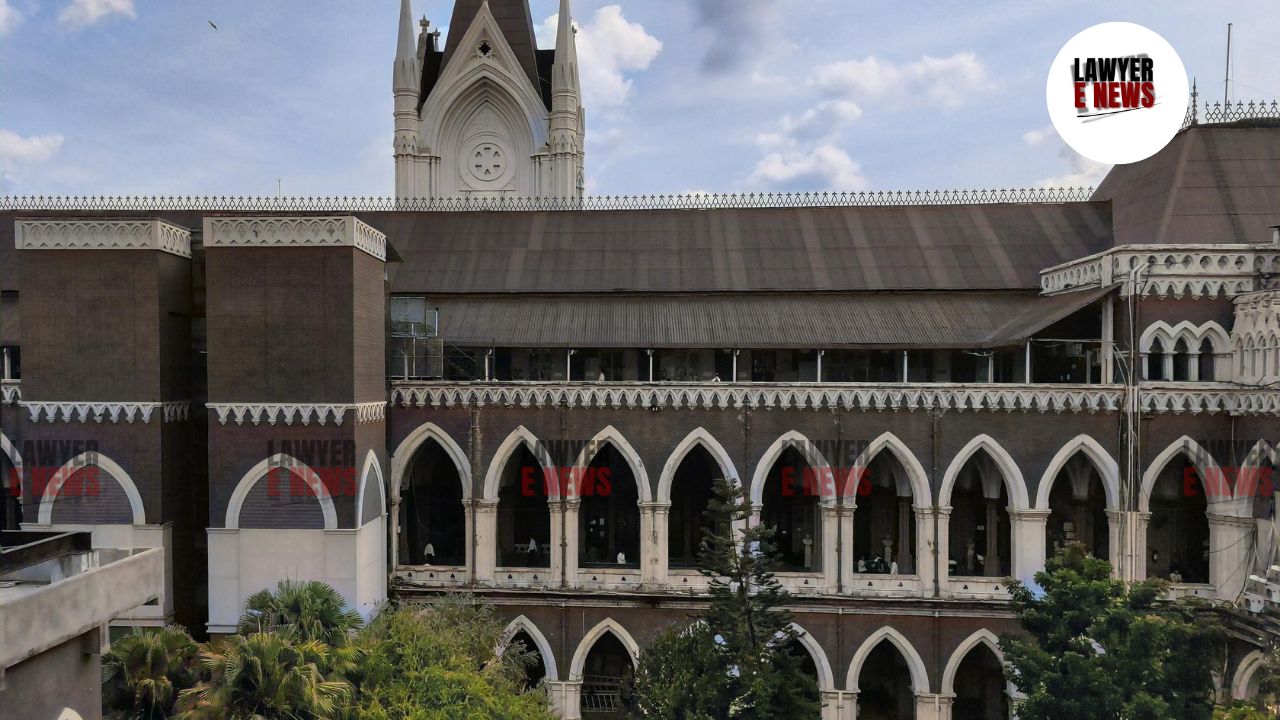-
by Admin
15 February 2026 5:35 AM



Calcutta High Court quashed criminal proceedings against the petitioner under Sections 120B and 370 of the Indian Penal Code (IPC) read with Sections 3, 4, 5, and 7 of the Immoral Traffic (Prevention) Act, 1956. Justice Shampa Dutt (Paul) held that the prosecution failed to establish any prima facie case implicating the petitioner and that allowing the proceedings to continue would amount to harassment and an abuse of the process of law.
The case arose from a raid conducted at a location alleged to be a brothel under Tollygunge Police Station Case No. 146 of 2016. The petitioner, Dipak Soni, was apprehended at the scene and charged with conspiracy and human trafficking under Sections 120B and 370 IPC, along with offenses under the Immoral Traffic (Prevention) Act, 1956. The petitioner contended that he was present at the location as a customer seeking a body massage and denied any involvement in illegal activities.
A chargesheet was filed in March 2023, accusing the petitioner of being part of a conspiracy to facilitate prostitution. The petitioner approached the High Court under Section 482 of the Code of Criminal Procedure (CrPC), seeking to quash the proceedings, arguing that there was no evidence linking him to the alleged offenses.
The Court observed that the petitioner’s role was limited to being a customer at the location. There was no evidence or allegations in the case diary, FIR, or chargesheet indicating that the petitioner had actively managed, aided, or abetted the operation of the brothel, nor did he live off prostitution earnings. The Court noted:
“The FIR and chargesheet failed to establish any of the ingredients required under Sections 120B and 370 IPC and Sections 3, 4, 5, and 7 of the Immoral Traffic (Prevention) Act against the petitioner.”
The Court further emphasized that the women present at the scene were adults, and none had alleged being coerced or trafficked, as per their statements recorded under Section 164 CrPC.
The Court analyzed the provisions of the Immoral Traffic Act and concluded that the essential ingredients to establish offenses under Sections 3 (keeping a brothel), 4 (living on prostitution earnings), 5 (procuring for prostitution), and 7 (prostitution near public places) were absent. It held:
“The allegations in the written complaint do not make out any ingredients required to constitute offenses under the Immoral Traffic (Prevention) Act. The petitioner’s role as a mere customer does not attract liability under the provisions of the Act.”
The Court invoked its inherent powers under Section 482 CrPC to quash the proceedings, observing that continuing the prosecution would serve no purpose other than harassment. Referring to State of Haryana v. Bhajan Lal (1992), the Court identified the case as falling under categories 1, 3, and 7 of instances warranting quashing of criminal proceedings:
“Where the allegations in the FIR, even if taken at face value, do not constitute an offense; where the evidence does not disclose any cognizable offense; and where the proceedings are maliciously instituted with an ulterior motive.”
The Court reiterated the principle that criminal proceedings must not degenerate into a tool for harassment, as outlined in precedents like Vineet Kumar v. State of Uttar Pradesh (2017) and Ramesh Chandra Gupta v. State of Uttar Pradesh (2022).
The High Court quashed the criminal proceedings against Dipak Soni in Tollygunge PS Case No. 146 of 2016 and directed that the case (CGR No. 1497 of 2016) would continue against the remaining accused. The Court stated:
“Having considered the facts and circumstances, allowing the proceedings to continue against the petitioner would constitute an abuse of the process of the court. Invoking powers under Section 482 CrPC, the present proceeding is quashed.”
The Court also clarified that no order as to costs was being passed and that all interim orders stood vacated.
Customers Cannot Be Held Liable Under Immoral Traffic Act Provisions Without Specific Evidence: The Court clarified that merely being present at a brothel as a customer does not attract liability under Sections 3, 4, 5, or 7 of the Immoral Traffic Act.
Scope of Section 482 CrPC: The judgment underscores the role of inherent powers of the High Court in preventing harassment through frivolous or baseless prosecutions.
Importance of Evidence in Criminal Proceedings: Allegations without supporting evidence, particularly in cases involving serious offenses, cannot justify continued prosecution.
Date of Decision: December 10, 2024
